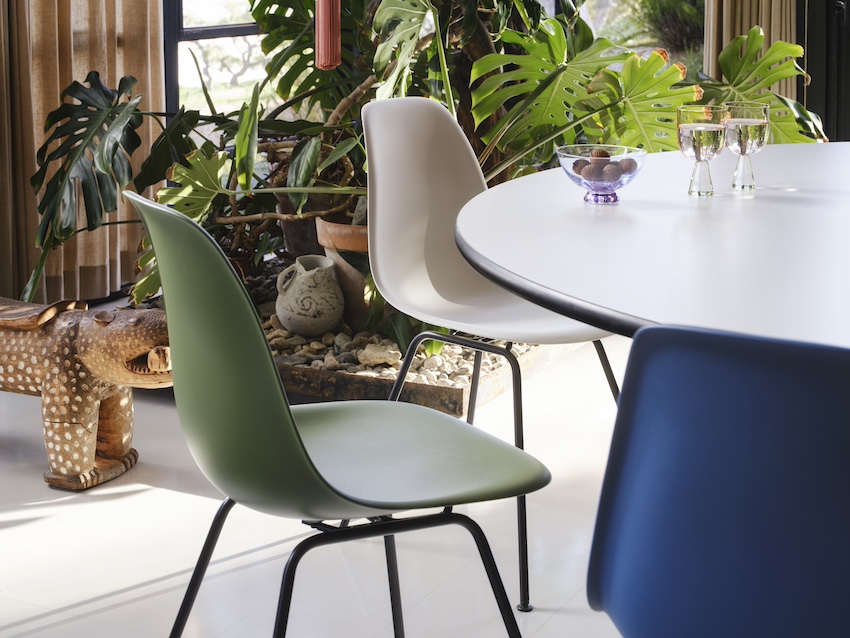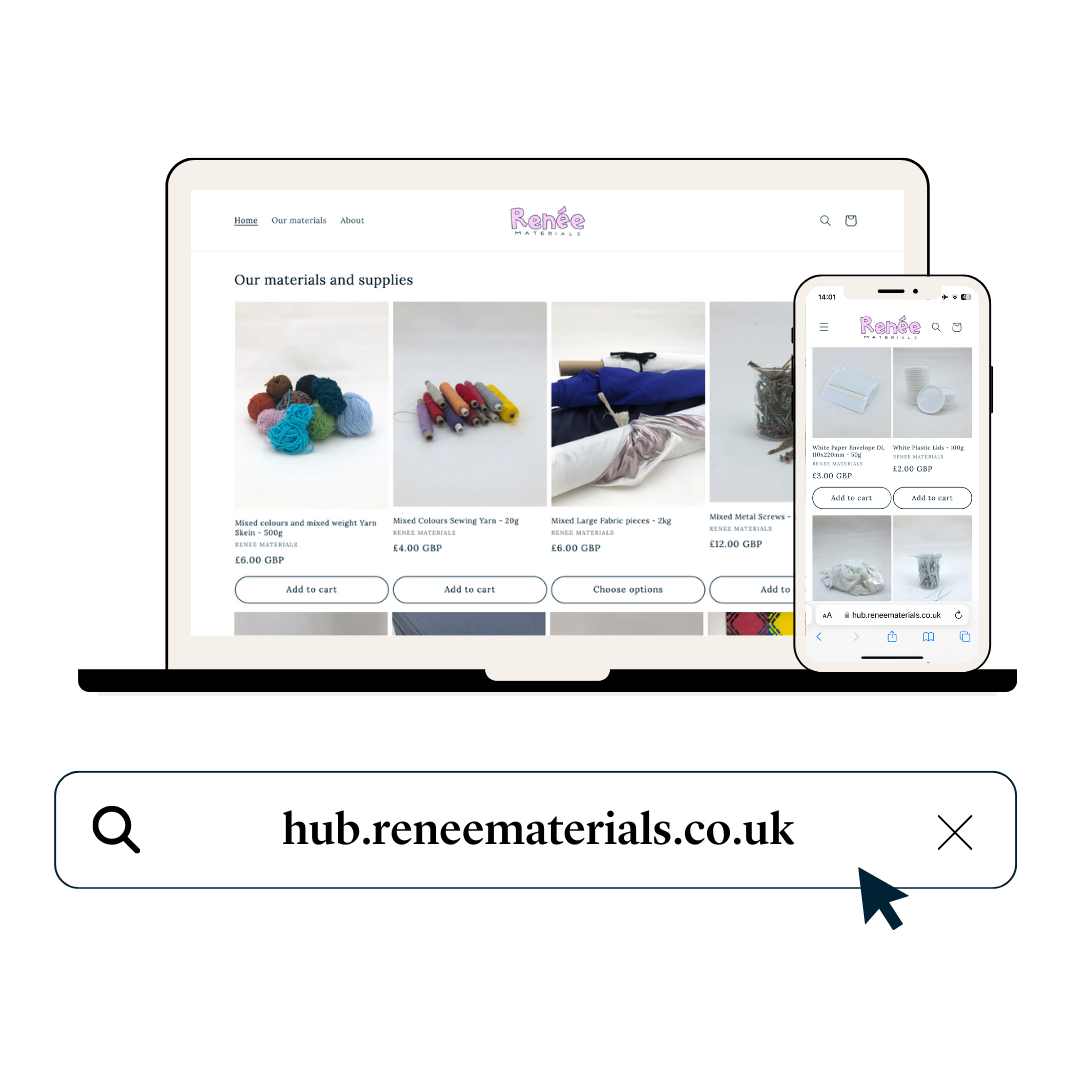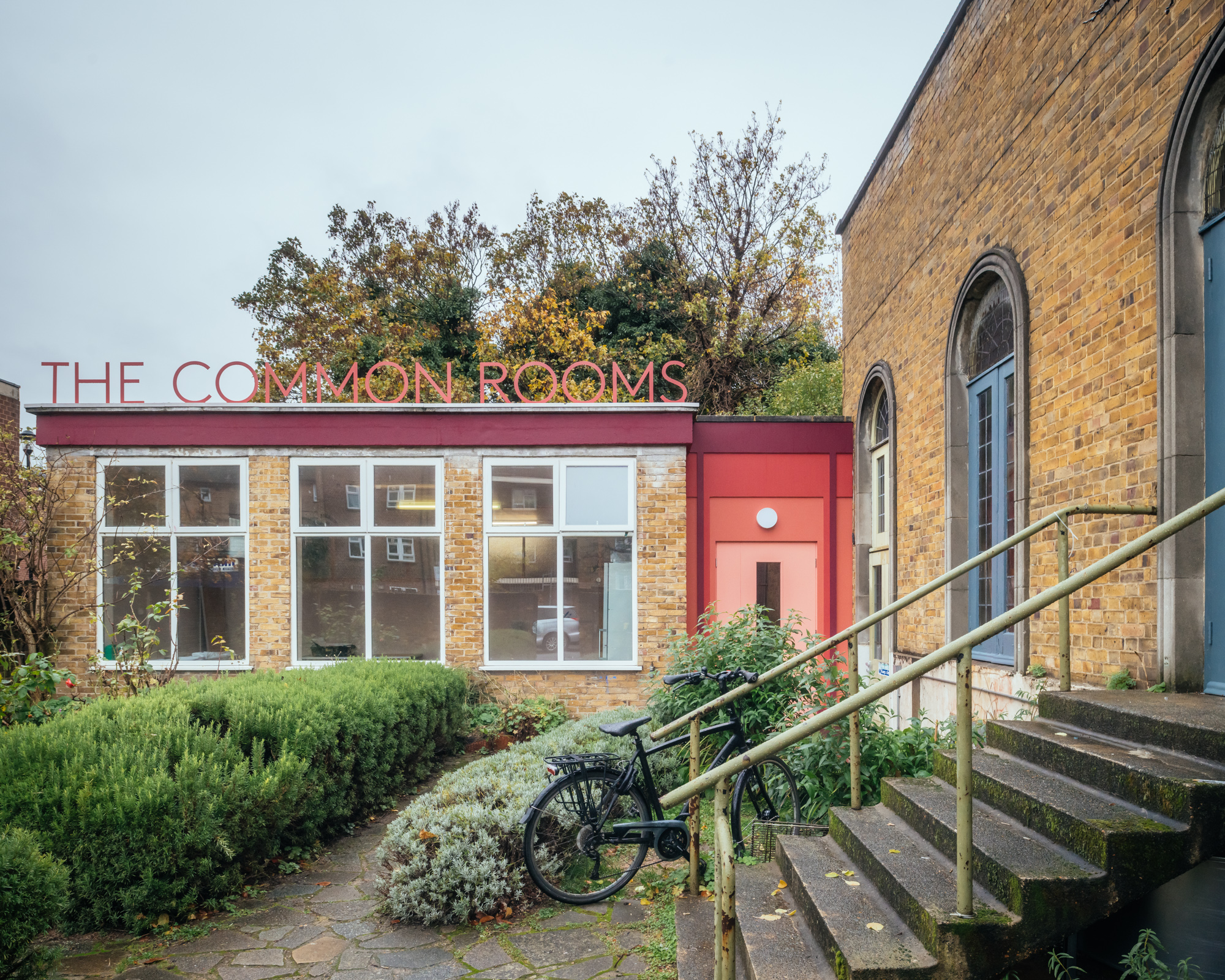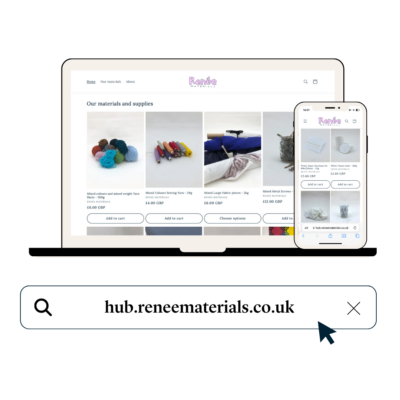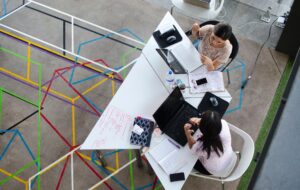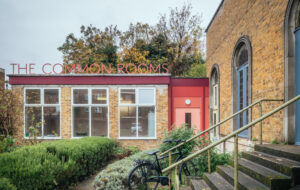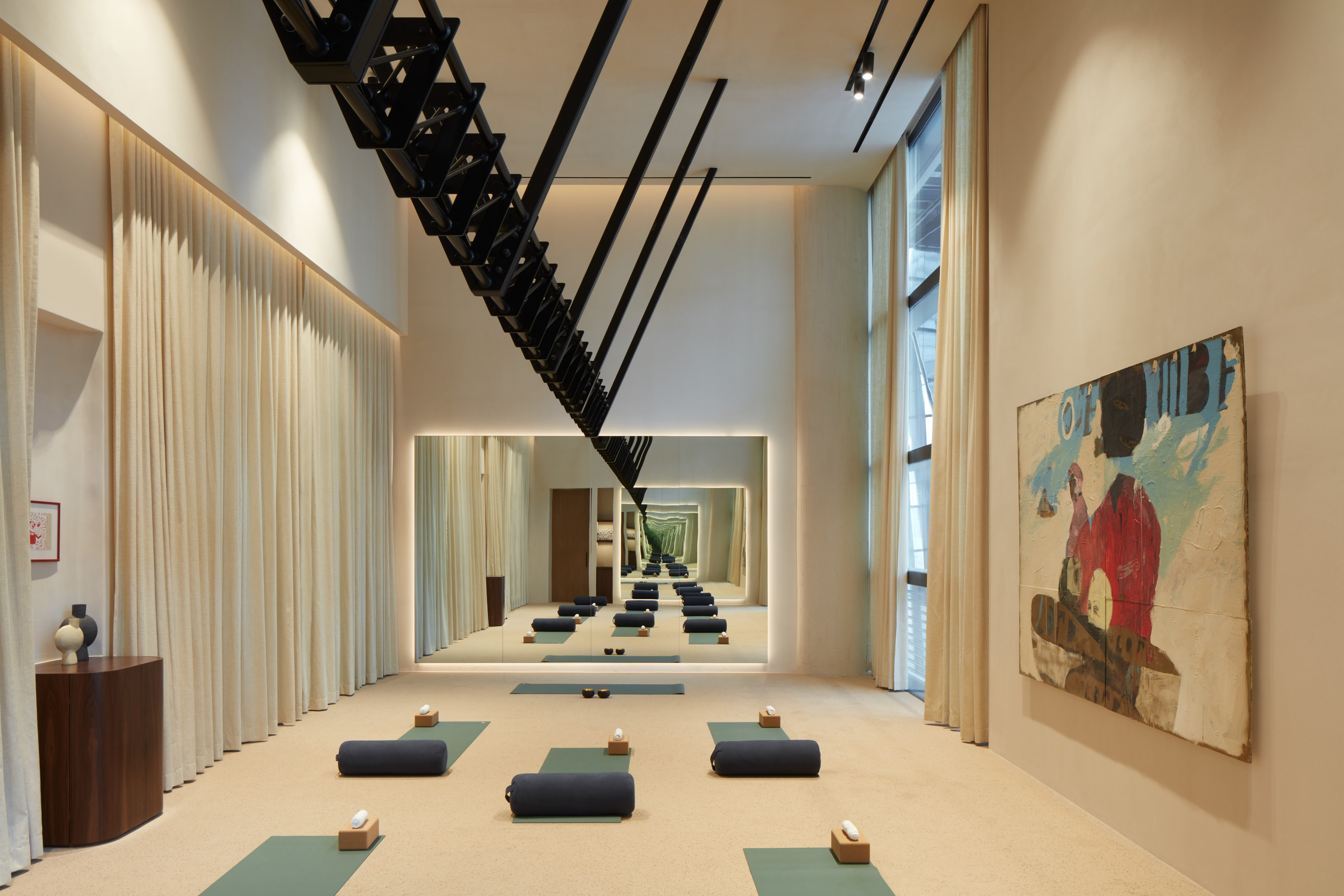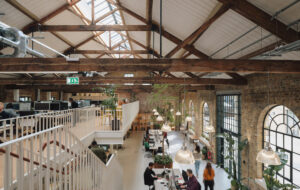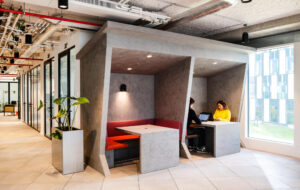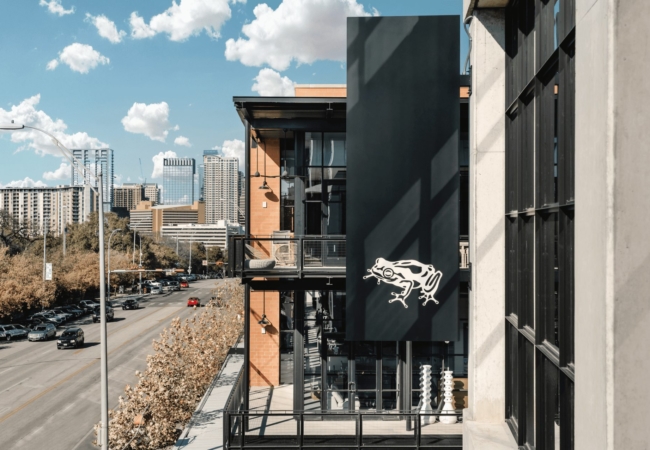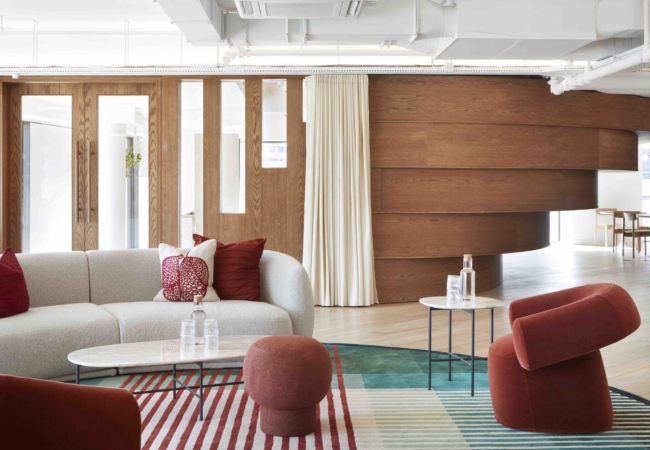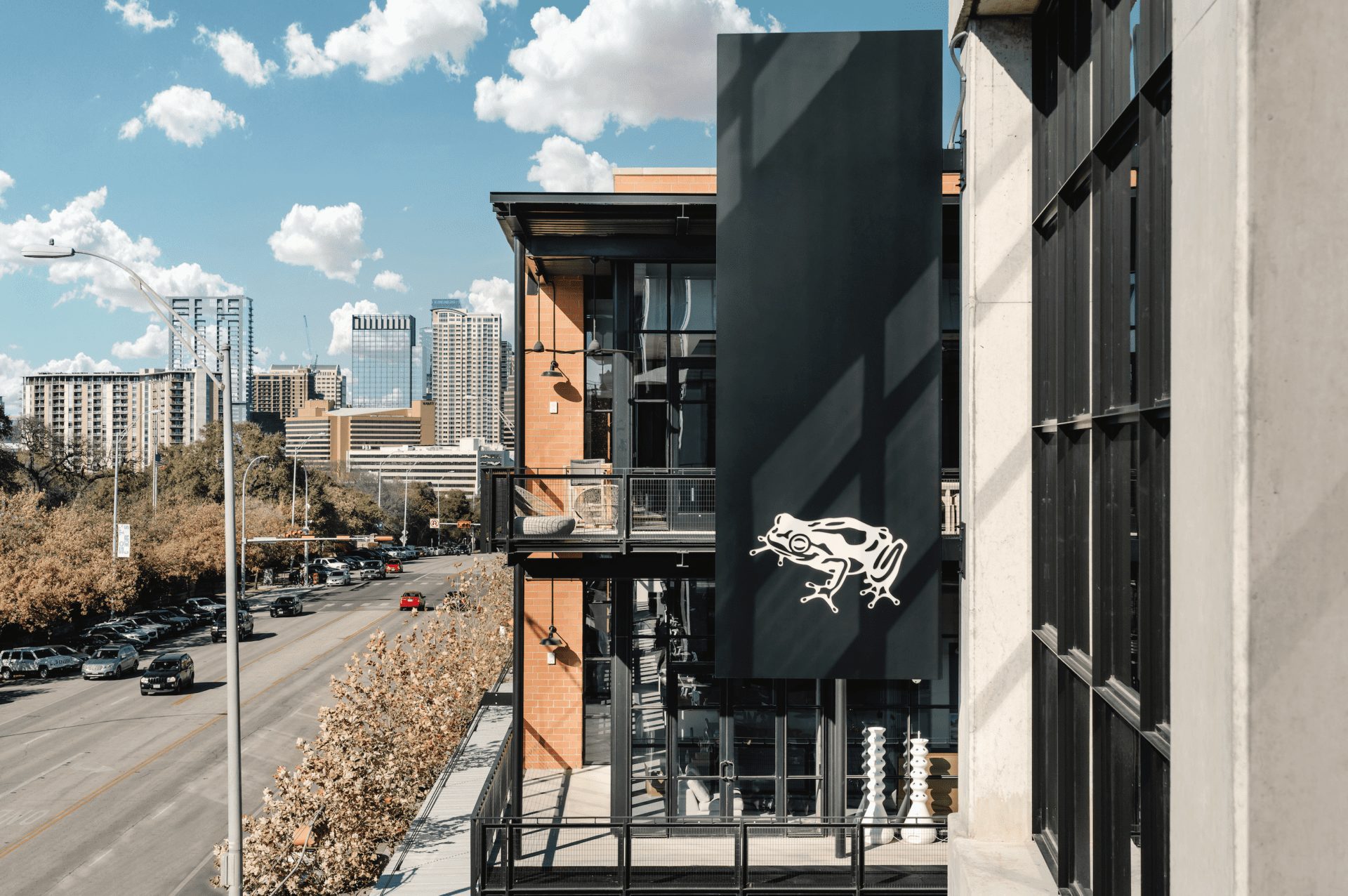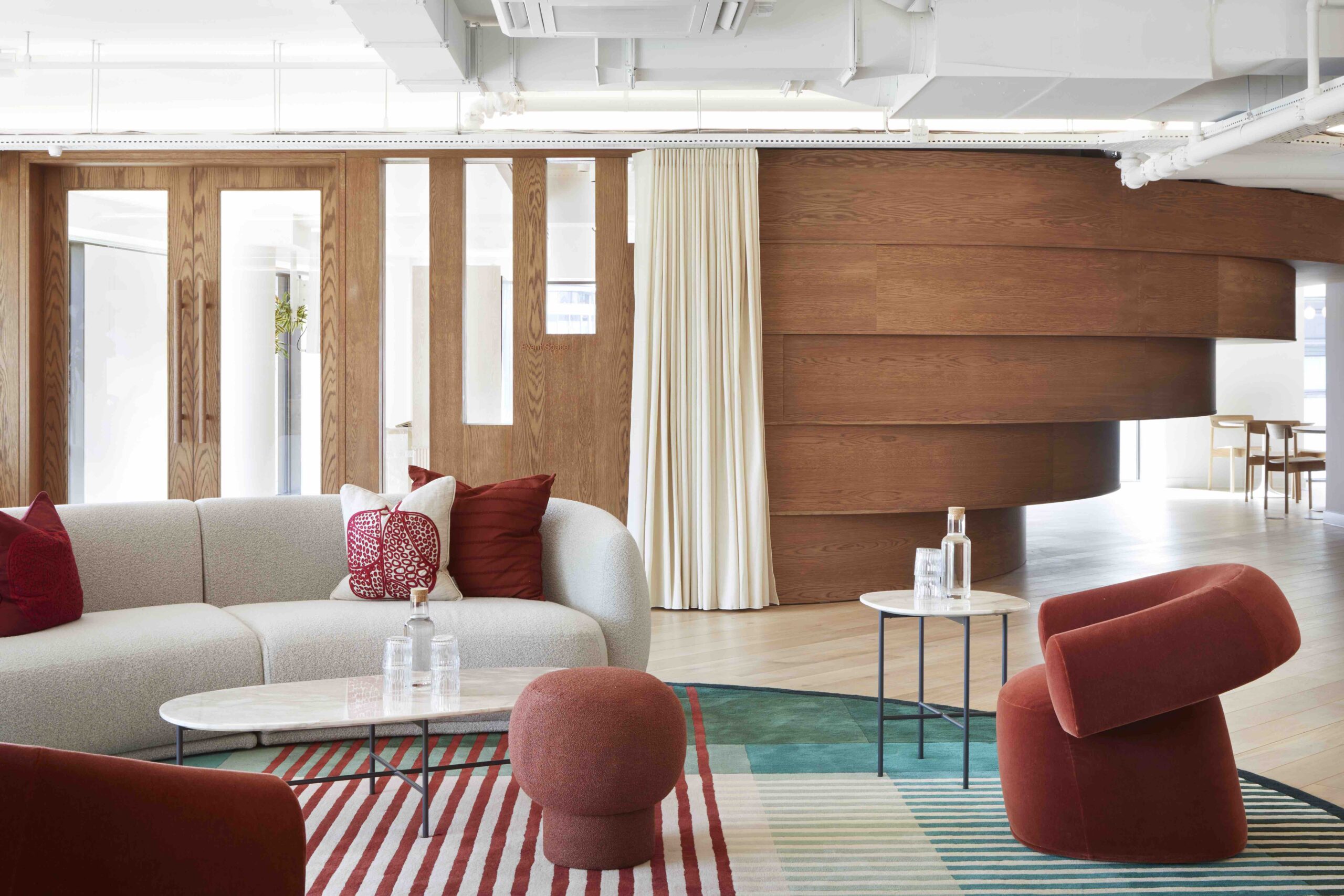 |||
|||
Taking place across several venues in Oslo from September 23 -27, Oslo Innovation Week presents an exciting programme each year of pitching contests, ‘hackathons’, workshops, seminars and company crawls, which aim to offer ground-breaking solutions for The Global Goals to build a better future for all.
Highlighting the movers and shakers of the industry, the conference explores possible solutions to these global challenges through entrepreneurship, technology and innovation within five key topics, including Future of Work, Cities, Explore Oslo, Entrepreneurship & Startup and Quality of Life. With 50 events across the city, the event attracted 11 000 innovation leaders, startups, corporates, the public sector and other creatives this year, who gathered in the heart of Oslo, the European Green Capital of 2019, in a bid to create a fairer world.
 Oslo Innovation Week attracted 11 000 innovation leaders, startups, corporates, the public sector and other creativesTo continue the conversations had during OIW, and with the aim to address the 17 goals to better the world by 2030, we have invited 4 speakers and industry insiders to share their thoughts on each of the key topics discussed over the next 30 days.
Oslo Innovation Week attracted 11 000 innovation leaders, startups, corporates, the public sector and other creativesTo continue the conversations had during OIW, and with the aim to address the 17 goals to better the world by 2030, we have invited 4 speakers and industry insiders to share their thoughts on each of the key topics discussed over the next 30 days.
In the first part of the series, Faraaz Ali, best-selling author and mentor for Founder Institute, shares his thoughts on why living authentically while abroad matters.
Having recently presented the Future of Work segment of Oslo Innovation Week 2019, he is a strong advocate in creating a global work market, which transcends borders, and one where humanity and the planet, not corporate greed and power, thrive.
How does a company’s international team actually work in harmony? While the blend of different nationalities is essential to be globally competitive in today’s world, do we ask ourselves enough whether the local workforce is connected authentically too? And what about expats? Are we helping our international workforce to show up authentically at work?
For me, being authentic at work means having the confidence to be your true self, free of “masks” or pretending to be someone you’re not for mere social acceptance. When moving to a new country, your nationality often becomes your primary identity. Integration, therefore, often requires adaptation and compromises. As a consequence, putting on masks to be accepted into new social groups is often a very common move for expats.
Workplace interactions involve stereotype mapping affiliated with the expat’s origin country. This means approaching a person with preconceived thoughts on who they are and based on what you may have learnt from external sources, which results in trying to validate your confirmation bias on the stereotype as opposed to being fully present in learning about another person.

Thus, attempts to connect with a local often involves unnecessary chatter about politics, food, sports, weather etc., creating space for judgement. For instance, we had a French colleague who had to constantly defend or justify French cultural traditions with other colleagues, a process that proceeded to be very exhausting, as the employee was rarely able to talk about who she truly was as a person.
Belonging to a group is necessary in most co-habitual setups but to belong, expats all too often suppress their authentic selves and instead project actions that lead to group acceptance. Fearing judgement and exclusion from locals, a lot of time and energy is often spent on fighting temptations to express their true selves. All six of our speakers on this topic have confessed that there were times when they had to put on fake smiles to not be confrontational all while absorbing ignorant, and sometimes discriminatory comments.
Making the choice of ignoring such in order to be diplomatic takes precedence because being in a new environment requires healthy connections with colleagues and clients. While we are often conditioned from childhood to project our cultural, societal, spiritual, and patriotic beliefs, our authentic selves evolve with life as we learn and unlearn and experience more. As such, a productive international workforce requires all employees to engage together without patriotic labels.

To build authentic connections with others, we must get to know each other properly in order to build respectful and healthy relationships. By being honest and transparent, learning about others for who they really are rather than forming judgements based on generic and untrue labels, is essential to better a company’s work culture and environment. Fostering awareness in interactions and connecting to others without judgement allows for a more effective connection to any human being in and outside of work. Because, ultimately, engagement to learn and to connect triggers a better and fairer world for all.
Here are three actionable steps to do today in your company to make better connections:
1. Share
Create an information board where all staff can share their hobbies, vision, and five year plans. Make this visible to all staff. This allows employees to get a glimpse of their inner worlds.
2. Connect
The above information board needs facilitators that can help bring people with similar interests into groups where they can feel free to express themselves passionately and authentically. Examples are travel groups, culinary groups, etc.
3. Explore
Get to know staff members for more than their work title. Ask for their birth dates, what they like to do for fun or join them for activities that do not just involve a beer and food. As we spend a huge chunk of our time at work, happiness and a sense of “work family” ought to be ingrained into the company for everyone’s wellbeing.
As part of our one-month Oslo Innovation Week series, we look back on one of the world’s most interactive innovation conference


